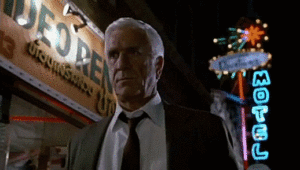The Devil and Daniel Webster (1941)

…………………………………………………
The Devil and Daniel Webster Movie Review
The Devil and Daniel Webster is a 1941 fantasy film directed by William Dieterle and starring Edward Arnold, Walter Huston and James Craig. It’s an uneven, but solid genre flick.
………………………………………………….
“I’d fight ten thousand devils to save a New Hampshire man“
…………………………………………………..
…………………………………………………..
A nineteenth-century New Hampshire farmer who makes a pact with Satan for economic success enlists Daniel Webster to extract him from his contract. This premise was excellent, but the execution wasn’t up to par with its many promises. While initially the movie was quite engaging, eventually it stumbled and it became less interesting for me personally due to too many turns, melodramatic plot points and an over-reliance on overwritten script and too many characters.
With that being said, the characterization is very strong here, and especially is the acting worthy of praise. While James Craig is quite subpar and perhaps even annoying in the role of the protagonist, Edward Arnold and Walter Huston both more than made up for that inferior main actor.
Huston was actually nominated for Best Actor Oscar for his delightful turn in the role of the devil (a strange Academy recognition for sure), but I would have also maybe nominated Edward Arnold for his great work on this very well written, highly memorable politician based on a real historical figure.
The Devil and Daniel Webster is all about the acting for better and for worse. These actors killed it in their two great roles, but I would have wished for more meaty fantasy elements instead of overly relying on the dramatic parts of the story that are solidly written, but again at times overwritten.
…………………………………………………..
…………………………………………………..
The movie looks terrific, though. And it sounds excellent too. Deservedly, the Bernard Herrmann score was nominated by the Academy, but the cinematography also needs to be appreciated. The fact that we got a glimpse into the countryside life and New Hampshire, two rare things for Hollywood, was refreshing for the forties. I also found the dialogue and themes quite good, but then again the movie was never as enchanting nor as engaging as I hoped it would be. It’s thus inferior to 1926’s ‘Faust’, which was more epic in scope and its fantasy.






